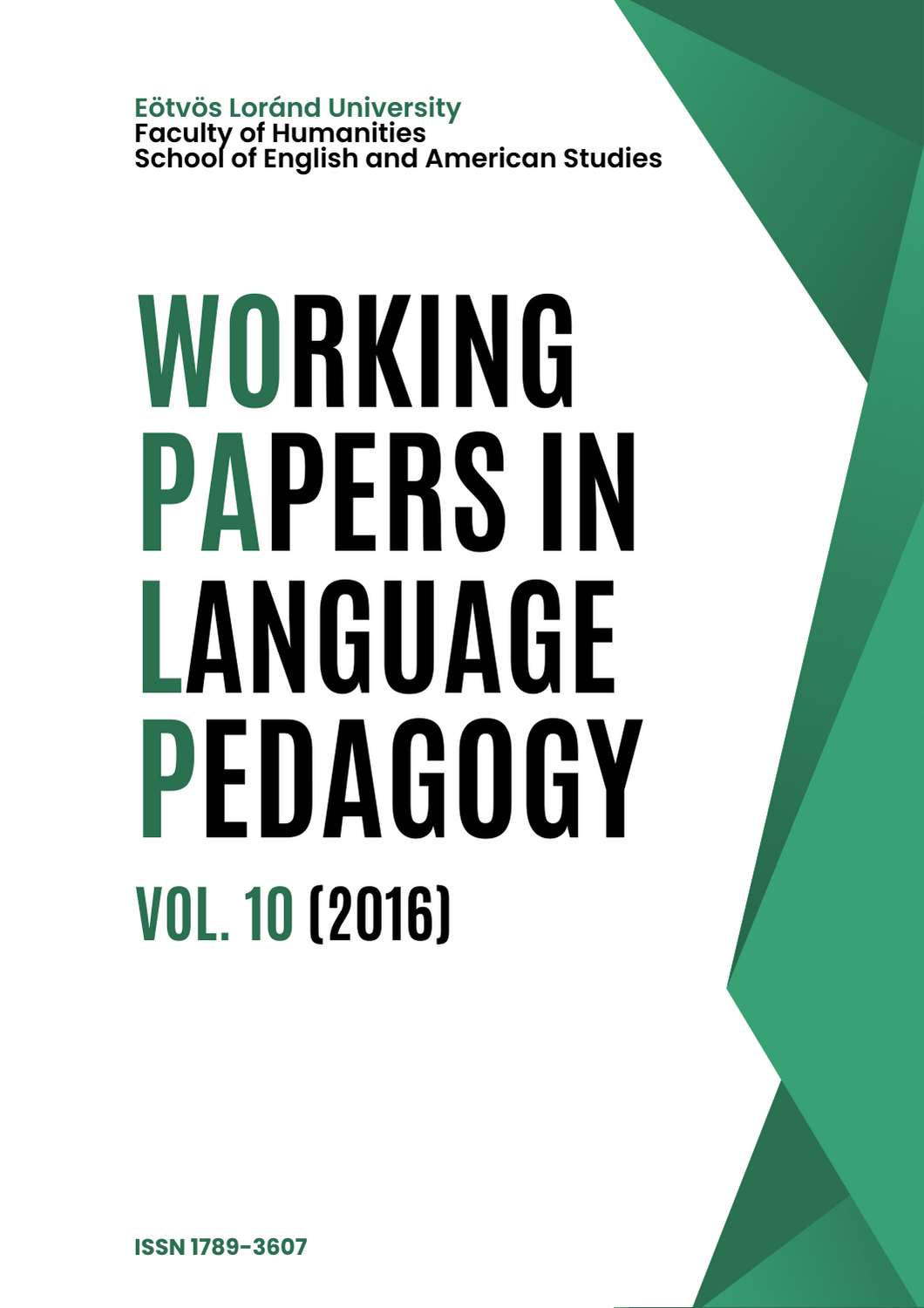A comparison of Hungarian and Kazakh university students’ language learning profiles
DOI:
https://doi.org/10.61425/wplp.2016.10.39.55Keywords:
individual differences, language learning motivation, language anxiety, self-efficacyAbstract
The aim of our study is to compare the language learning profiles of two distinct groups of students from the post-Soviet bloc: Hungarians and Kazakhs. The motivation driving the investigation is to understand how various individual difference variables interact with one another and shape learning behavior in various contexts. In order to map the differences, cross-sectional quantitative data were collected from 117 English BA students (59 Hungarian and 58 Kazakhstani) with the help of a standardized questionnaire. Three main constructs were investigated: second language learning motivation, second language learning anxiety, and self-efficacy beliefs. Our main results include the fact that in the Kazakhstani context international posture and language learning experience are the two motivational constructs that seem to predict how much effort students invest into learning English, while in the Hungarian sample it is more the learners’ future vision and their self-perceptions of their English language abilities that seem to play a key role. As a result, the conclusion of our article is that individual variables and their interrelationship seem to be very much context-dependent even in the case of seemingly similar groups of BA English majors.




